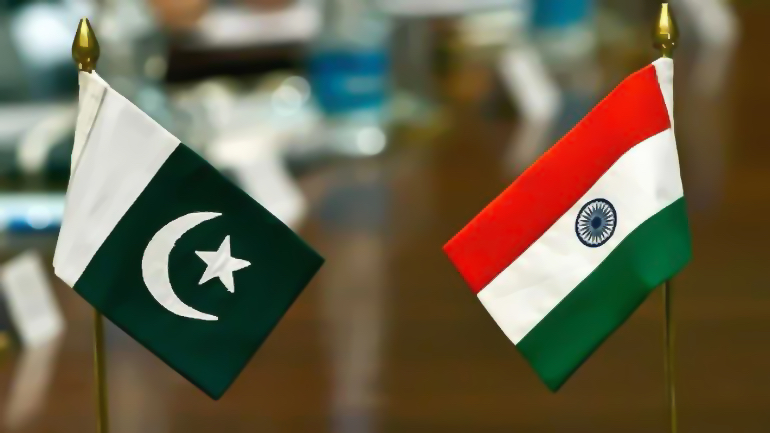On Feb. 14, a suicide attack on Central Reserve Police Force (CRPF) in the Pulwama district of Indian-administered Kashmir, a region at the centre of a border dispute between India and Pakistan, pushed the two nuclear powers to the verge of war. The attack, carried out by Jaish-e-Mohammad, a Pakistan-based group, killed at least 40 CRPF personnel. India blames Pakistan for the attack, while Pakistan denies any connection to the militant group and condemned their actions.
The anxiety, grief, and fear provoked by recent events were the same as they were in 2014 when I was in the final year of my GCE O Level examinations, roughly equivalent to Canadian grade 11. A deadly attack on a school in Pakistan resulted in my school shutting down indefinitely as the army launched an operation against militants in the country’s north. When schools did reopen after a few weeks, heightened security measures were in place. I had to leave home early because the queues for security outside our school’s gates were busier than those in some airports. Parents’ goodbyes outside the school in the mornings became even longer. As a Pakistani who experienced the terror of war and saw it inch so close to home, the news of an imminent conflict paralyzed me with fear.
Only this time, some things were different: I am a university student in a foreign country with a circle of friends that includes Indians and Pakistanis alike. When the standoff began, I felt unsure whether we were safe around each other, or if any of my best friends from across the border saw me differently.
Two days after the Pulwama attack, my best friend, who is from India, confessed to having similar concerns. She said that I had sounded short with her on the phone that day and that she hoped it was not because of ‘the India-Pakistan thing.’ My heart sank. Neither of us was overreacting—war does create distance. Some students at McGill had taken to social media to spew hate against ‘the other’; more extreme and jingoistic cases called for war.
But, as tensions between the countries worsened, the opposite shift occurred among my circle of friends. Instead of feeling unsure of how ‘the other’ felt, we huddled around our laptops in the Redpath library at 2 a.m. together, checking the news and worrying that our country would provoke conflict. The following morning, we called each other to check in. We knew that no matter our nationality, we had something more important in common: A love for our homes and for each other. We did not want war, we despised the hysteria, and we hated seeing each other stressed and afraid.
During the past two weeks, despite what I had feared, I have grown closer to many of my Indian friends. They answered my anxious calls with love, and we settled our usual political debates by our mutual wish for peace—despite the hate we saw on our social media and news channels. We all wished for cooler heads to prevail.
The two countries stepped back from the brink of war after Pakistan’s Prime Minister, Imran Khan, offered a round of peace talks when addressing national and international media on Feb. 19. With this hopeful news, my friends and I decided to get together. We had to calm down after a week that reminded us of the gut-wrenching memories of past terrorist attacks, emergency drills, and constant worry for our families back home. My Indian friends and I attending a showing of Bollywood’s newest release, Gully Boy, and shared a meal of biryani to cherish what we had in common and to celebrate the victory of peace over war—not just between countries, but among friends.









